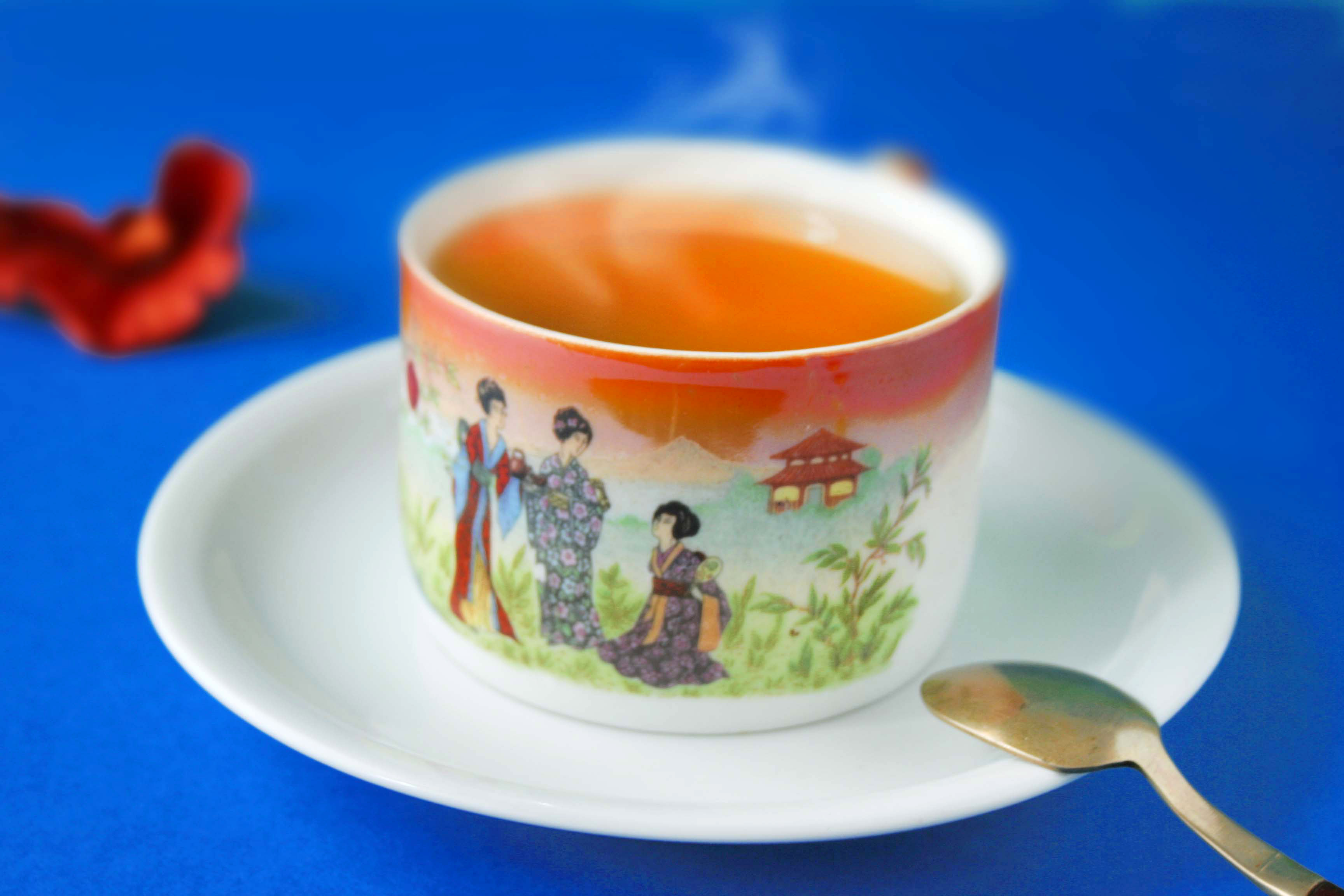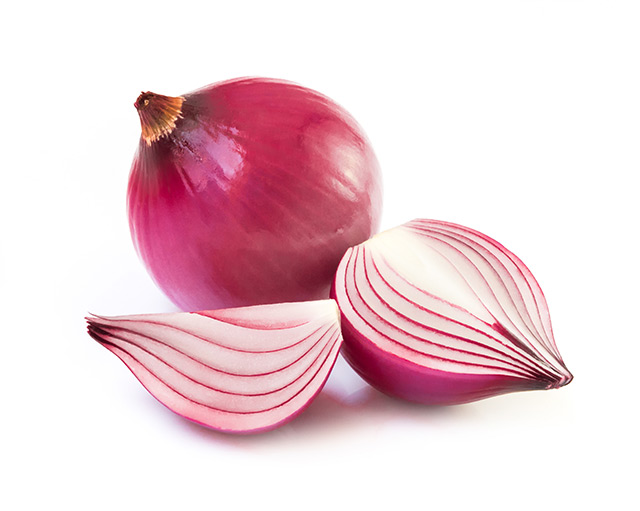Try one of the top four herbal teas for amazing health benefits
03/30/2016 / By Michael Bundrant

Since the discovery of tea, the Chinese have embraced and seamlessly woven it into their culture. As it was spread across the world by those traders who encountered it, tea has become a critical element (and sometimes stereotype of certain cultures around the world).
For example, bringing up Japan may evoke images of the socially complex and symbolically loaded tea ceremony. Or if we think of England, we would hardly get far into our descriptions before we heard a mention of tea. The appeal of tea and its sticking power in cultures is a testament to its benefits. Let’s dive in and discover what benefits different types of teas accentuate and provide.
Mint tea is a staple in the herbal tea world and any list about herbal teas would be remiss not to include it. It has a beautiful smell and a unique flavor profile, but those are just aesthetics. Mint tea is known to reduce stuffiness in the nose and general congestion. It is often paired with chicken soup for flu and cold sufferers. It also have beneficial effects regarding our stomach and intestines. Mint tea can reduce bloating, gassiness, and cramping caused by diarrhea.
Ginger tea is another popular herbal tea that has a beautiful and unique smell and taste profile. It is most effective when you want to reduce nausea or motion sickness. If you experience either of these when you travel, then it may be a good idea to sit down and drink a cup of ginger tea before you embark on your journeys. It is a very soothing tea and can be used to reduced the chills. It can also cause the body to perspire more which is very useful if you have a fever.
Chamomile tea is a calming tea. This should come as little surprise because it is derived from the chamomile plant and its delicate flowers. This tea is great at night time when you want to start thinking about crawling into bed. It is a known sleep inducer and, as a result of its calming effect, It helps to reduce any anxiety that we may be feeling. This is the kind of tea where you will find yourself closing your eyes to savor the mild flavor and the comforting effects. Chamomile tea also has great benefits for our throat vis-a-vis cough relief and for our gastrointestinal tract by calming mild nausea.
Echinacea is a powerhouse herbal tea plant. This little plant has the strength the really put up a fight against the forces that would try to tear your body down. First of all, this tea provides antioxidant effects. This means that it aids in the fight against compounds that age your body by causing small yet consistent damage to various parts of your body.
Echinacea tea helps your body identify and flush out these deadly compounds. It also helps in the fight against inflammation which is the leading cause and a major feature of many chronic illnesses. This tea, like most herbal teas, offers relief. But its relief takes the form of an analgesic more so than that of a sedative. Echinacea tea helps to relieve pain and it offers a general boost to our immune systems. As a result, this is a wonderful tea to have when we feel ourselves coming down with a cold, because it will reduce the time we have to power through the annoying effects of a cold.
Herbal tea has ancient roots, but it has stuck around and increased in popularity because it works and is natural and cheap. There is a world of herbal teas: each has their own unique flavor and personality and each offers our bodies a healing gift from nature.
I suggest you do like I do and keep these herbal teas and a few of your favorites around at all times because tea is a natural and delicious boost to just about any aspect of our lives. It is no surprise then that we see tea in business contexts, when we are recovering, and in the most sacred of ceremonies.
Source:
http://eatlocalgrown.com/article/11823-herbal-healing-teas.html




















